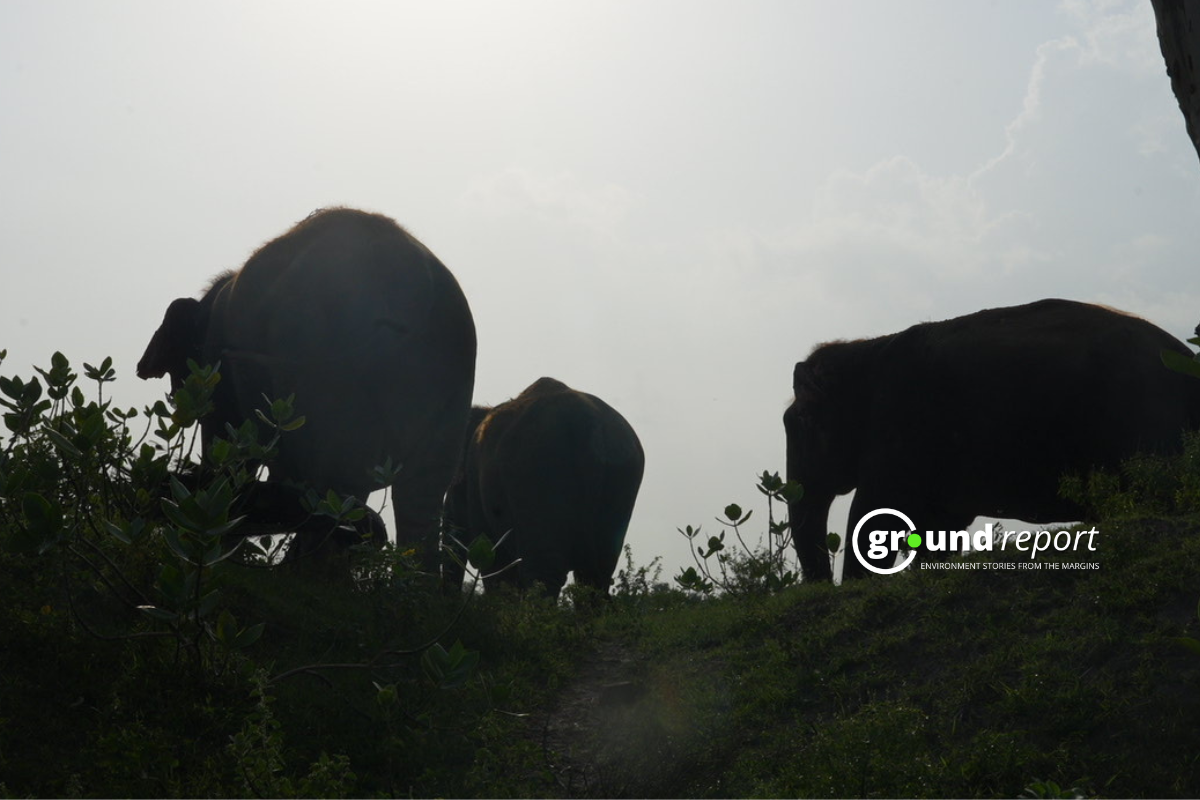On average, five trees have been cut down every hour for the past three years in the national capital, Delhi, and the estimate does not include cases of illegal logging, data filed in an affidavit in the Delhi High Court revealed.
Every hour five trees cut down in Delhi
Petitioner Neeraj Sharma, a green activist, cited data provided by the forestry department, which revealed that 29,946, 47,474 and 55,697 trees were felled by permit in 2019, 2020 and 2021 for various projects.
The actual number of trees felled could be much higher if the number of illegally felled trees is also considered, environmental activists said.
Judge Najmi Waziri recently said: “In view of a large number of trees felled with permission, not to mention those felled without proper permission, the forestry department and all agencies involved must take urgent action to ensure that the city is not left completely devoid of trees its green cover”.
The court ordered public works department (PWD) officials to submit an expedited action plan within fifteen days of obtaining approval from the chief clerk.
This comes to around three trees per hour in the last three years. These figures are only for trees which were allowed to be felled under section 9.29 of the Delhi Tree Preservation Act,” the court recorded.
“Have the Forestry Department file an affidavit regarding the missing data…as well as its response to the figure of three trees lost every hour,” the court ordered.
Raised concerns
In June last year, the court found certain PWD officers and a Delhi police officer guilty of contempt of court for violation of court orders relating to the preservation and protection of trees.
The court had raised concerns about the felling of full-grown trees in the city, saying it would be logical and prudent to transplant such trees instead of felling them and the “counterproductive exercise” of the Forest.
The court had stressed the importance of even a solitary tree in any neighbourhood and stated that compensatory afforestation which is “geographically distant and incipient compensatory planting can hardly be real respite or compensation” and that it would be appropriate for Tree Officers to provide Due consideration is given to transplanting each tree intended to be felled before further permits are granted.
Keep Reading
Part 1: Cloudburst in Ganderbal’s Padabal village & unfulfilled promises
India braces for intense 2024 monsoon amid recent deadly weather trends
Support us to keep independent environmental journalism alive in India.
Follow Ground Report on X, Instagram and Facebook for environmental and underreported stories from the margins. Give us feedback on our email id greport2018@gmail.com.
Don’t forget to Subscribe to our weekly newsletter, Join our community on WhatsApp, and Follow our YouTube Channel for video stories.









